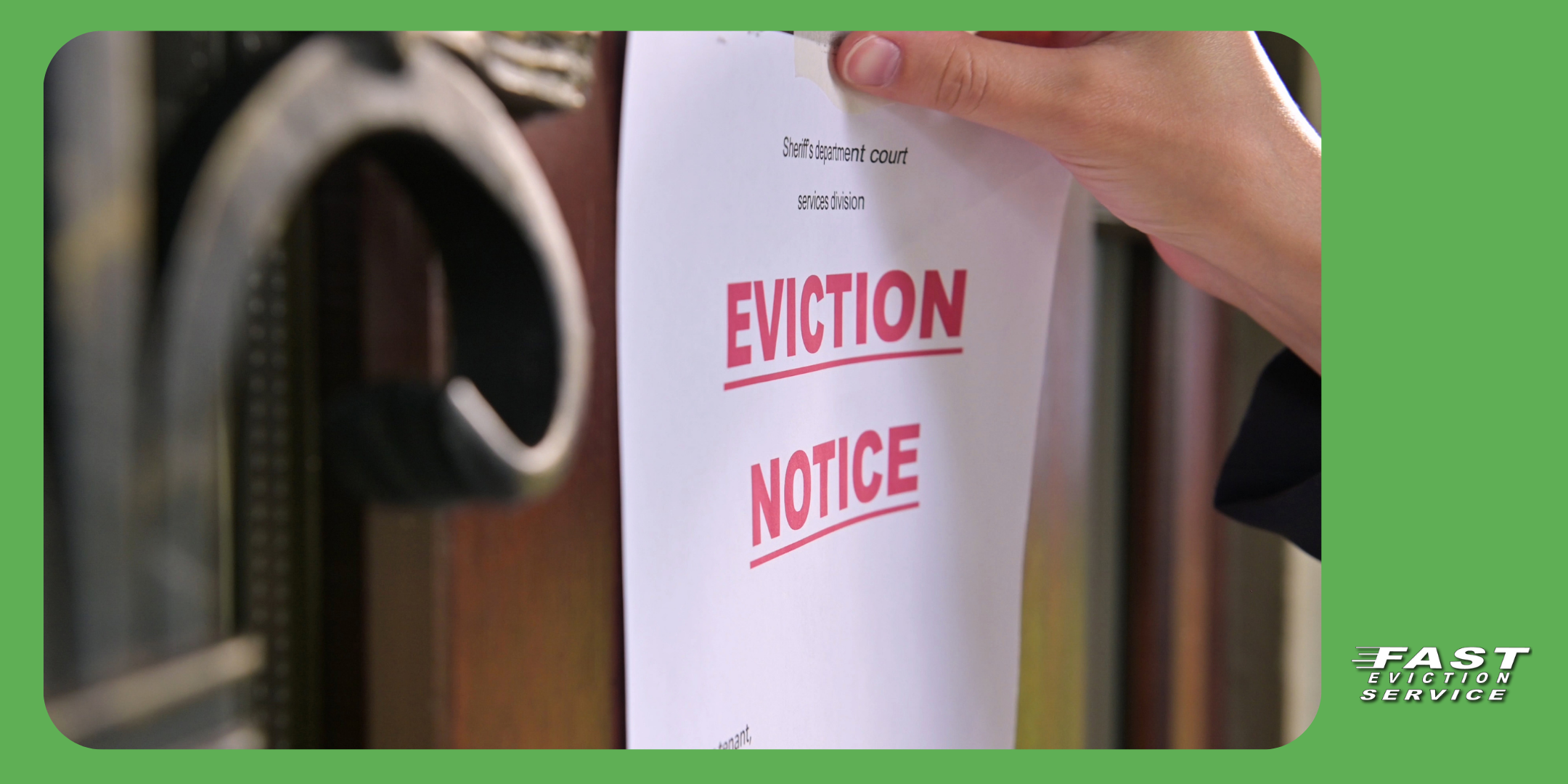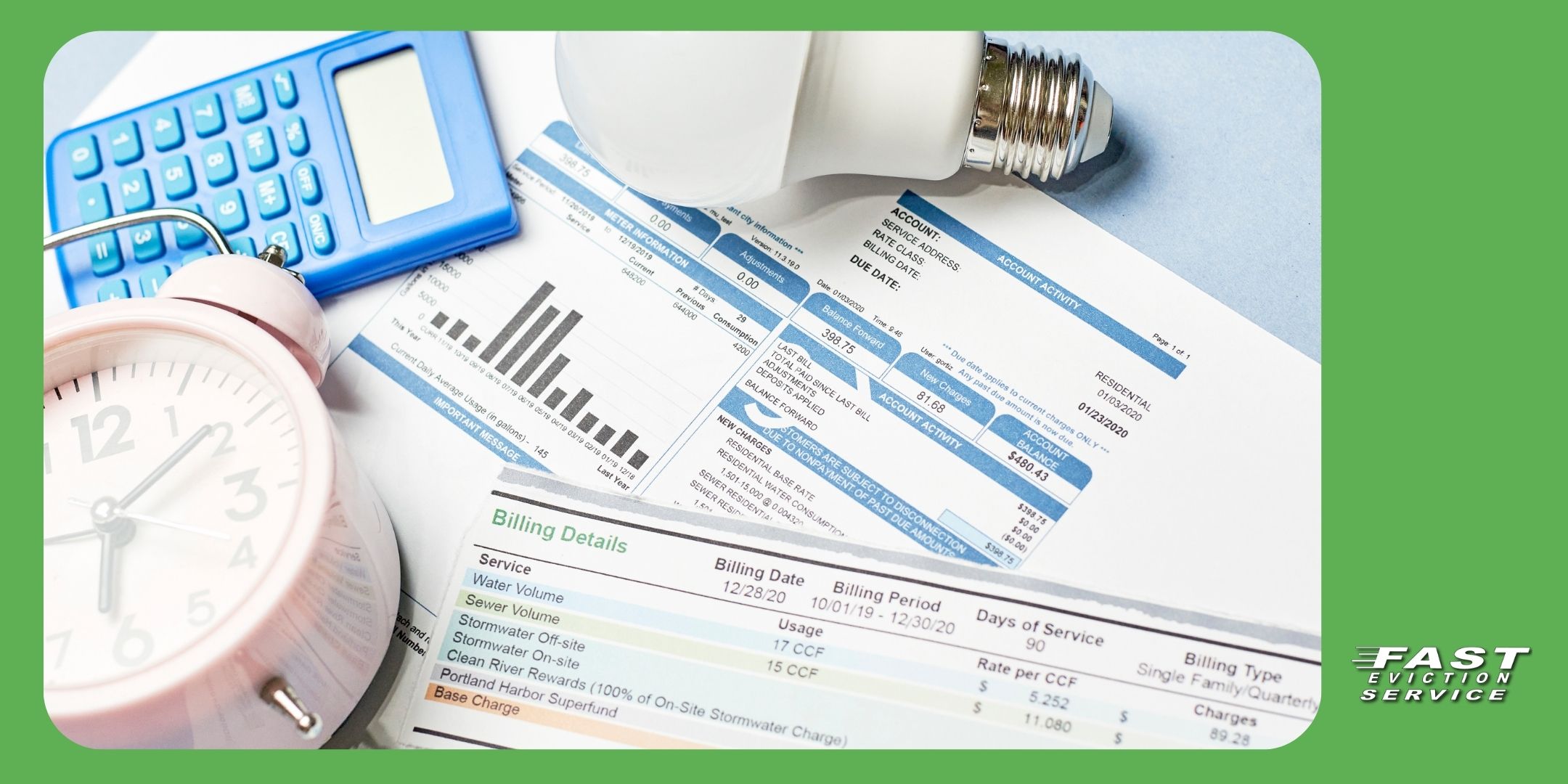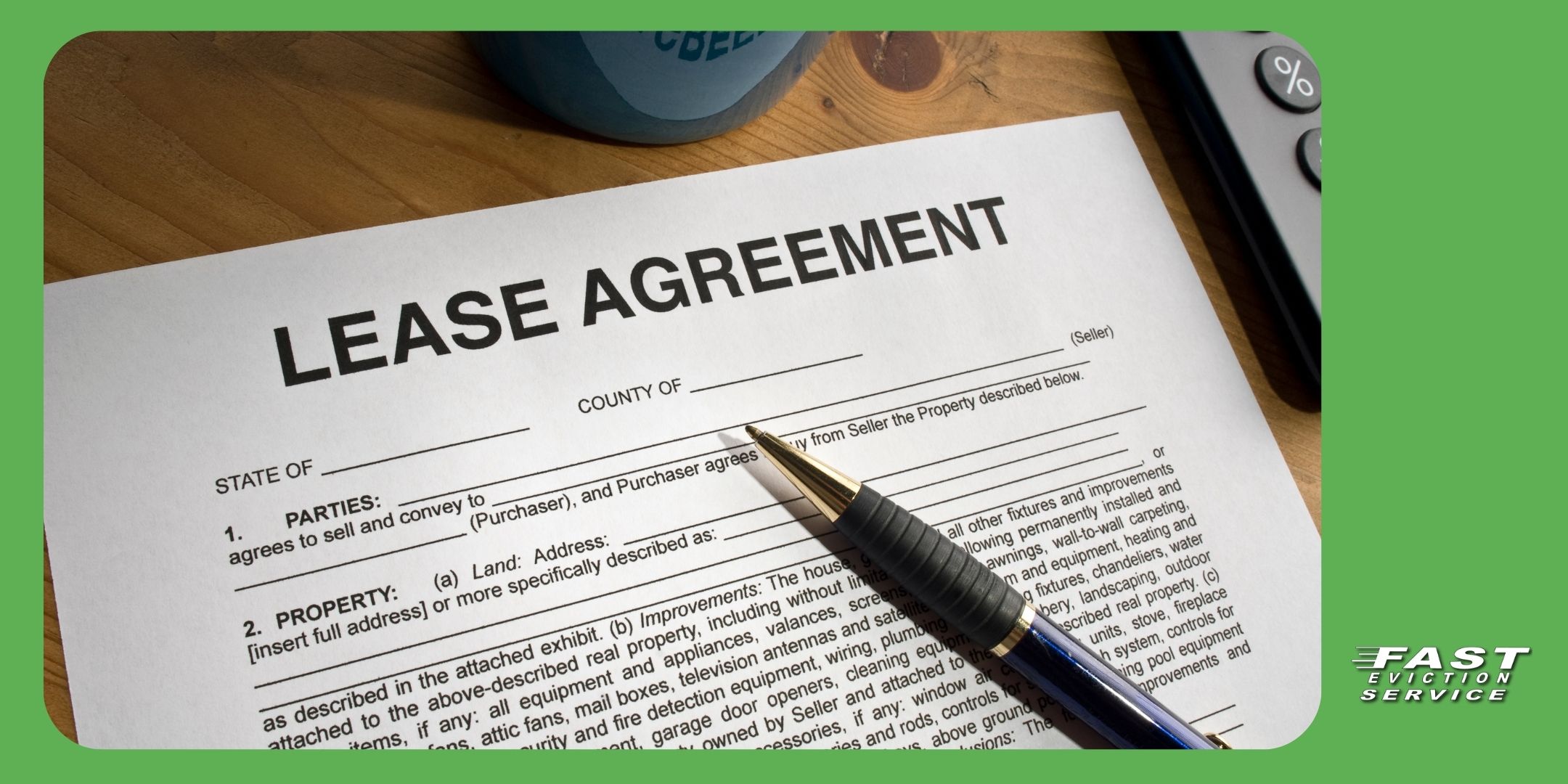Updated 01/27/25
Lease renewals are a crucial aspect of property management, helping landlords maintain occupancy, secure steady rental income, and foster positive relationships with responsible tenants. Deciding whether to renew a lease with an existing tenant can impact profitability and property stability. As a landlord, understanding the best practices for lease renewals ensures that you make informed decisions while complying with legal requirements and market trends.

This guide covers everything landlords need to know about lease renewals, from determining when to offer a renewal to setting the right rental price and handling tenant negotiations effectively. Whether you manage a single rental unit or multiple properties, mastering lease renewals can lead to long-term success.
Table of Contents
- What Is a Lease Renewal and Why Does It Matter?
- When Should Landlords Offer Lease Renewals?
- Pros and Cons of Renewing a Lease with Your Current Tenant
- How to Determine If You Should Renew a Lease
- How to Notify Tenants About a Lease Renewal
- How to Set a Rent Price for a Lease Renewal
- Month-to-Month Lease Renewals: Are They Worth It?
- Tips for Persuading Tenants to Renew Their Lease
- Legal Considerations in Lease Renewals
- Common Mistakes to Avoid When Renewing a Lease
What Is a Lease Renewal and Why Does It Matter?
A lease renewal is an agreement between a landlord and a tenant to extend the existing rental contract for a new term. This process allows landlords to continue leasing the property to the same tenant, often with revised terms, such as a rent adjustment or updated lease clauses.
Renewing a lease is essential because it ensures property stability, reduces vacancy risks, and minimizes turnover costs. A well-structured lease renewal benefits both landlords and tenants, fostering long-term rental relationships and reducing administrative burdens associated with finding new tenants.
When Should Landlords Offer Lease Renewals?
Landlords should consider offering lease renewals at least 60 to 90 days before the lease expires. This provides ample time for tenants to make a decision, negotiate terms if necessary, and avoid rushed transitions if they choose to move out.
Timing also depends on market conditions. If rental demand is high, landlords may reassess pricing before renewing. Conversely, in slower markets, renewing with an existing tenant might be more beneficial than risking vacancy.
Pros and Cons of Renewing a Lease with Your Current Tenant
Pros:
- Reduced turnover costs: Finding a new tenant requires marketing, screening, and preparing the unit, all of which can be costly.
- Consistent rental income: Lease renewals minimize vacancy periods and financial uncertainty.
- Lower maintenance needs: Responsible, long-term tenants often cause less wear and tear compared to new renters.
Cons:
- Missed opportunity for higher rent: Depending on the market, renewing a lease may mean passing up a chance to increase rent significantly.
- Long-term tenant issues: If a tenant frequently pays late or doesn’t maintain the property well, a renewal may not be in your best interest.
How to Determine If You Should Renew a Lease
When deciding on a lease renewal, consider:
- Tenant reliability: Do they pay rent on time and follow lease terms?
- Property condition: Have they maintained the unit well?
- Market conditions: Could you earn significantly more by finding a new tenant?
- Personal convenience: Would securing a new tenant require more effort and time than renewing?
How to Notify Tenants About a Lease Renewal
Landlords should send a lease renewal notice to tenants well before the lease expiration. This notice should include:
- Lease renewal terms (including any rent adjustments)
- Response deadline
- Instructions on how to accept the renewal
Sending the notice via email and certified mail ensures proper documentation. Clear communication reduces confusion and increases the likelihood of renewal.
How to Set a Rent Price for a Lease Renewal
To determine an appropriate rent increase:
- Analyze market trends: Compare rents for similar properties in your area.
- Consider property upgrades: If you’ve made improvements, a rent increase may be justified.
- Factor in tenant reliability: A great tenant who pays on time may warrant a smaller increase than a new, untested tenant.
Month-to-Month Lease Renewals: Are They Worth It?
A month-to-month lease renewal offers flexibility but comes with potential downsides. Benefits include the ability to adjust rent more frequently and end tenancy with short notice. However, the downside is the uncertainty of sudden vacancies.
Landlords should consider their long-term investment goals before choosing between a fixed-term or month-to-month renewal.
Tips for Persuading Tenants to Renew Their Lease
- Offer lease renewal incentives: Consider minor upgrades, rent discounts, or flexible lease terms.
- Communicate the benefits: Explain how renewing benefits them, such as stability and avoiding moving expenses.
- Address tenant concerns: If they have minor complaints, resolving them can encourage renewal.
Legal Considerations in Lease Renewals
When renewing a lease, ensure compliance with:
- Legal requirements for lease renewals, including proper notice periods.
- Fair housing laws to avoid discriminatory practices.
- State-specific rental regulations governing rent increases and contract modifications.
Consulting a legal expert or property management professional can help ensure a smooth renewal process.
Common Mistakes to Avoid When Renewing a Lease
- Failing to notify tenants in advance: Late notifications can lead to unnecessary vacancies.
- Neglecting market research: Setting rent without assessing the market can lead to financial losses.
- Not updating lease terms: Every renewal is an opportunity to adjust clauses, such as maintenance responsibilities or pet policies.
Frequently Asked Questions About Lease Renewals
How do I renew a lease with a tenant?
Provide a lease renewal notice with updated terms, request tenant confirmation, and execute a signed agreement.
When should I notify tenants about a lease renewal?
Notify tenants 60 to 90 days before lease expiration to allow ample decision time.
Can I increase rent during a lease renewal?
Yes, but any increase must comply with local rent control laws and reasonable market rates.
What if my tenant declines a lease renewal?
If the tenant chooses not to renew, start marketing the property immediately to minimize vacancy time.
Lease renewals are an essential aspect of rental property management. By following best practices, landlords can secure reliable tenants, maintain steady rental income, and minimize turnover risks. Whether negotiating terms, setting rent prices, or ensuring legal compliance, a proactive approach to lease renewals sets the foundation for successful long-term tenancy.







